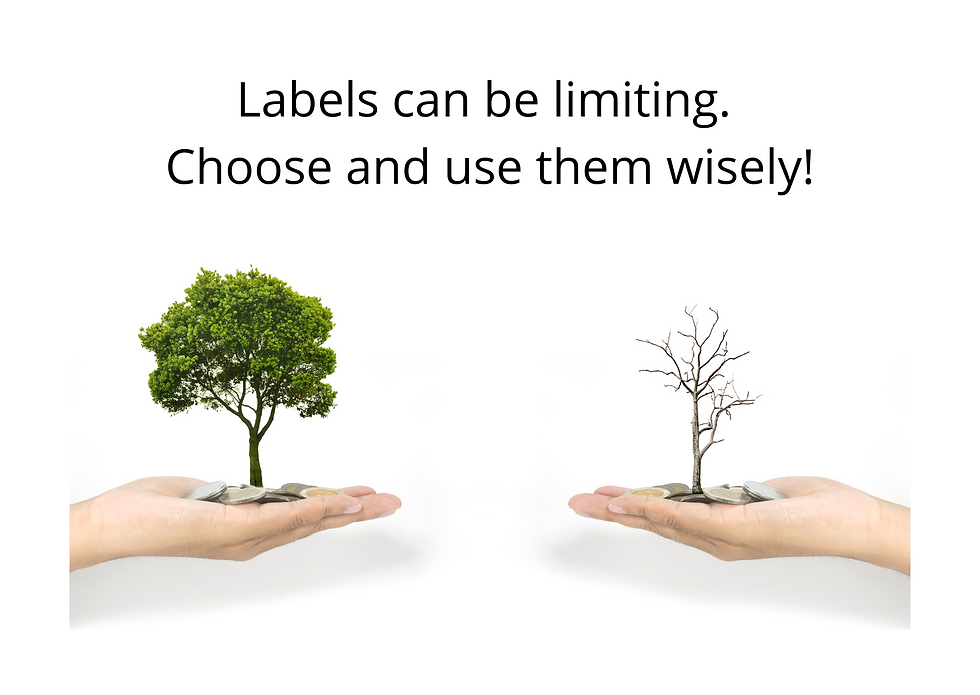Get better at time management and be more productive
- Mary Ely

- Sep 5, 2022
- 6 min read
Updated: Feb 15, 2023

Given the amount we all have to juggle these days, it's not surprising that time management and productivity come up a lot in coaching.
But coaching isn't about giving advice, so the general process is to explore
How is time an issue for you?
What is stopping you from being as productive as you'd like to be?
How could you think and what could you do differently that would help?
...and then
experiment with implementing different options
review and adjust those or try out other options
repeat the things that work until they become embedded as your habitual way of doing things.
And as everything we choose to do starts with how we think, we need to explore WHY you make the choices you do and change the way you think first.
BUT...you don’t know what you don’t know, so if my client is really stuck and can’t think of any options that would help them,
I share some basic stuff that's helped me and other clients as an example, and
We explore if and how something similar could work for them until we get to an approach they can easily experiment with.
So the rest of this blog gives you some ideas of questions to ask yourself and things to do based on where you feel the issue is. Is it either or both of
WHAT you're doing, and
HOW you’re doing it?
AND I would say this wouldn't I...as with any change you want to make, you're likely to get better results faster if you work with a coach as it can be hard to challenge your own thinking and stay accountable for change on your own (see this blog that explains the options for making lasting change and how you can maximise your chances of success).
So first of all you need to start with some analysis...
Where's the issue?

You may instantly have a pretty good idea of where your issue is, in which case have a look at the WHAT and HOW section of this blog for some ideas on what you might want to consider or ask yourself.
If not, and you feel that time just runs away with you, then a great option to explore what's going on is to keep a track of what you're doing over the period of a couple of weeks.
Just take a few minutes at the end of each day to review and make a note of what you've been doing and then after a couple of weeks have a look for trends or themes.
Where did you plan on spending your time and where did you actually end up spending your time?
What caused you to deviate from your plan?
Split what you do into logical categories e.g. email, team meetings, specific projects etc. How much time are you spending on each?
How much time are you spending on the tasks you need to do to meet your objectives and is it enough? If not, how much more time do you need for those tasks and what are you doing instead?
What else are you doing?
What is taking you longer than you think it should?
How much time are you really working compared to your contracted hours?
How big is the issue? How much time do you feel you need to find before you could say you have the right balance? How much more productive do you think you should be and how would you know if you were?
This should give you an idea of whether you need to look at...
WHAT you're doing, HOW you're doing it, or a mixture of both
These are some of the common areas to explore that I have either covered (follow the links) or will cover in separate blogs.
Planning and diary management
Workload/Boundary management
To-do list and email/message management
Managing distractions and getting the big stuff done!
Delegating
Inefficient working practices
Are you striving for perfection?
Are you lacking in motivation?
Are you struggling because you're already stressed?
Planning and diary management

Are you being realistic about how much time you have and how long things take?
When are you choosing to do certain tasks (when you have a choice) and is that working for you?
How are you making sure that you build in time for the things you really need to do (including taking those lunch breaks!)?
Find out more in this blog.
Workload/Boundary management

How can you get more control over your workload and achieve a better work and life balance?
What's driving you to take on more work than you can do?
Do you need to find a way of saying NO to people's requests in a way that is authentic and OK for you?
Do you need to establish a better way of prioritising what you have to do?
Do you need to challenge what you're spending time on, or reset expectations with your stakeholders?
Can you make a case for more resources (people or things) to help you?
Find out more in this blog.
To-do list and email/message management

What's wrong with how you currently manage your to-do list and emails/messages?
What problems or concerns does it cause you? For example, are you afraid you might be missing something important regularly?
Do you struggle to get through them all or the targets you set yourself?
Are you getting to the priority items on your list and in your email?
Once you've uncovered the specifics of your problem, take a step back and think of what you could do to address them.
Here are my -
Managing distractions and getting the big stuff done!

Are you constantly distracted by other people, messages, or the pull of other things on your to-do list?
Do you feel like you never have time for the big things on your list? The ones that are big, important or feel like a challenge.
Are you procrastinating about certain tasks on your list? Looking for ANYTHING else to do rather than take on those tasks?
If so, you need to explore what's causing that. What are you thinking/saying to yourself and what are you doing that's perpetuating this pattern?
And how could you THINK differently and what could you DO differently to
Minimise the risk of being distracted so you can stay focused on those challenging tasks,
Make those tasks seem more simple, manageable and comfortable so you're happy to do what you need to do to get them done.
Find out more in this blog.
Delegating

Are you spending time doing things that others should or could be doing?
If so, you might want to check out this blog that covers delegating
Why you should
Why you might not be, and
How you could
Inefficient working practices

HOW are you doing what you do? Are you working efficiently?
If not, what exactly are you struggling with? And what's causing the problem
What options can you think of that might help?
Is there another way? Are there tools or applications that may help?
Are there some things you're trying to do now that could wait?
Are you striving for perfection?

A few key things about the need for perfection that may help loosen its hold on you...
'Perfection' takes much longer than 'OK/fit for purpose'. If you're regularly running short of time and want to be more productive/make more of an impact, start asking yourself what 'OK' or 'some progress' would look like. And experiment with doing that for a while!
Your version of 'perfect' may not match the person who you're doing the job for/your client. For example, you could be wasting lots of time 'polishing' something so it's 'perfect', when the person you're serving may rather have the unpolished version sooner. Try going with your first or maximum second version for a while and see what feedback you get.
Make sure you understand what the expectation is before you start.
Think about what's driving your need for perfection. What assumptions are you making, how could you challenge them and what other options might be possible that you've discounted?
Are you lacking in motivation

If you wait for motivation to show up, you could end up waiting a LONG time.
So if a lack of motivation is slowing you down, check out the ideas for generating it in this blog.
Experiment with all of them.
Find ways to talk to yourself that work for you
Uncover what's important to you (your values) and figure out how you can link what you're doing to that.
Are you struggling because you're already stressed?

The changes to our brain and body when we're stressed mean that we end up more emotional, our IQ drops and we can't think straight.
...not particularly useful if you're looking to be more productive.
What can you do?
Check out my blogs on the ABC of stress management and my 5 step process for dealing with negative emotions for some ideas
Treat self-care as a NECESSITY rather than a luxury - need convincing? Check out this blog for a handy way to think about self-care.
I hope you find the questions in this blog helpful.
..and remember...
Our experience of life, and what we do, starts with how we think.
How is your thinking contributing to how you manage time and how productive you are with the time you have?
If you'd like to
Explore how coaching can help you get to the bottom of your time management and productivity issues and develop some strategies to improve and feel more in control, then you can follow this link to book a free exploratory call.
Try out my monthly emails that provide a roundup of my blogs as well as other insights, you can sign up here.



Comments